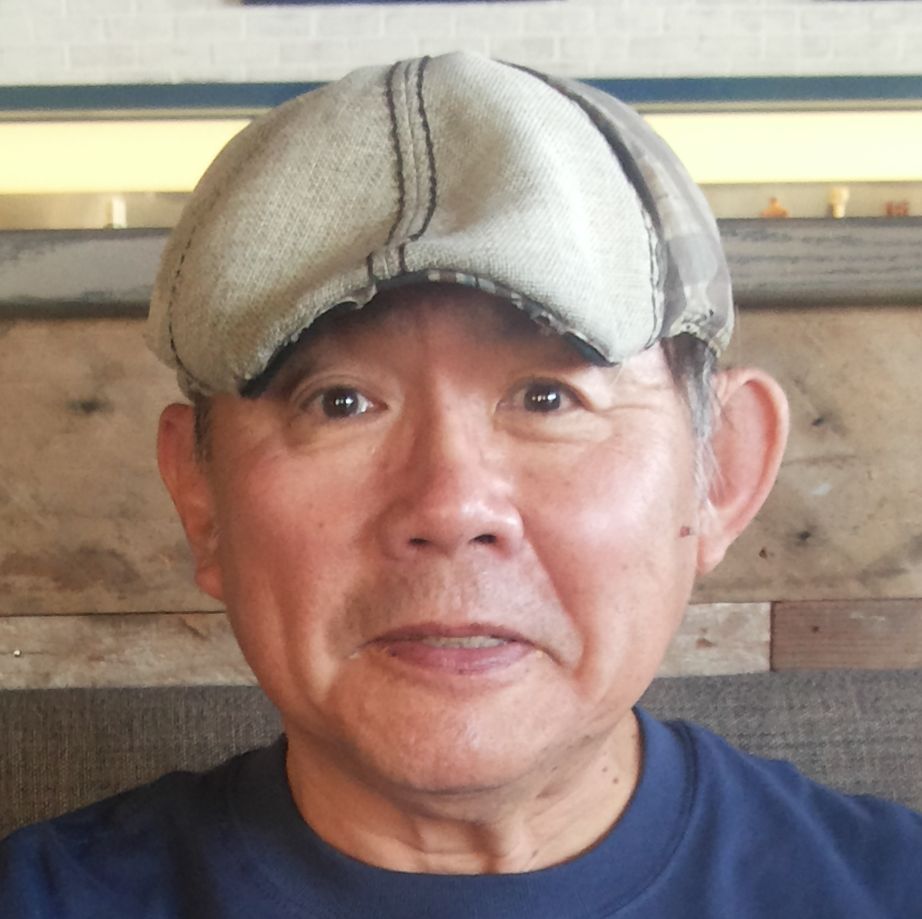by Melissa I. Cardenas-Dow
A leader in librarianship need not be in administration or management. This feature essay on an Asian/Pacific American library leader focuses on Daniel C. Tsang, currently Distinguished Librarian and Data Librarian at University of California, Irvine, where he is also Bibliographer of Asian American Studies, Political Science, Economics, French & Italian, and the Orange County Documents. I met Dan a few years back. Recently, he visited my current place of work, University of California, Riverside, where he gave a series of talks on data librarianship and union work as a librarian at a public university. I was very inspired by his body of work and message.
Following his presentations and several brief, inperson discussions with him in mid-March 2015, I initiated an email conversation with Dan in mid-April 2015. I sent Dan the questions we send to all our library leader interviewees, which focus on his background and his thoughts on library leadership and diversity. This article provides an edited, perhaps too brief, version of Dan’s responses.
~ Melissa Cardenas-Dow, Web Content Subcommittee Chair
Melissa Cardenas-Dow (MICD): Tell us a little bit about yourself, your career to-date?
Daniel Tsang (DT): I grew up in Hong Kong and I came to the U.S. in the 1960s. My mom was born in the U.S. but went to Hong Kong after university. Then, being the period of turmoil with the sexual revolution and the Vietnam War, I became an activist when I became a librarian. I started working at Temple University’s Contemporary Culture Collection in 1978. I was totally immersed in the alternative press as a contributor, editor, and collector, both personally and professionally. I have been a bibliographer at the University of California Irvine Libraries for almost 30 years.
MICD: What ways do you see yourself as a diverse professional?
DT: I am immersed both professionally and personally in documenting social change.
MICD: Please describe an instance in which diversity played a beneficial role in your library work.
DT: Our newspaper collection at University of California, Irvine was very Euro-centric and I managed to get involved in a newspaper committee that changed the policy so that we collected more broadly. Earlier, at the Philadelphia Free Library, I raised a question why they weren’t preserving the Philadelphia Gay News. After that, the library administration began microfilming it.
MICD: Has it been challenging to move up the leadership ladder? How did you make the move from middle to upper management?
DT: I’m not in upper management, actually. Just a senior line librarian.
MICD: How does diversity influence your leadership style?
DT: I think I am more aware of how people get excluded and how certain cues from people of color are misread as concurrence. So I try to be more open to nonverbal cues.
MICD: What attributes do you look for in future leaders?
DT: Non-rigid styles and willingness to listen.
MICD: Are these the same skills, talents and qualities you recommend diverse professionals develop as they seek new leadership positions? Please explain further.
DT: Definitely, one can learn from anyone.
MICD: What advice would you give to young professionals, especially those from diverse backgrounds?
DT: Be passionate about what you believe in. Speak out, but be strategic in what you say and do. Find someone who can be a mentor in the library.
MICD: How about advice for midcareer professionals, especially those who are interested in moving into higher management?
DT: Do not forget your roots or the union! Don’t turn anti-union.
MICD: What message would you give to library administrators regarding the value of diverse leaders and how they might grow under those leaders within their organizations?
DT: Try not to find token leaders but value each worker as an individual. Offer praise not just criticism.
Editing assistance provided by Molly Higgins.
05/28/2015: This piece was edited to indicate the correct names of library locations where Dan made change efforts. Many thanks to Dan for pointing out our errors. ~Melissa

